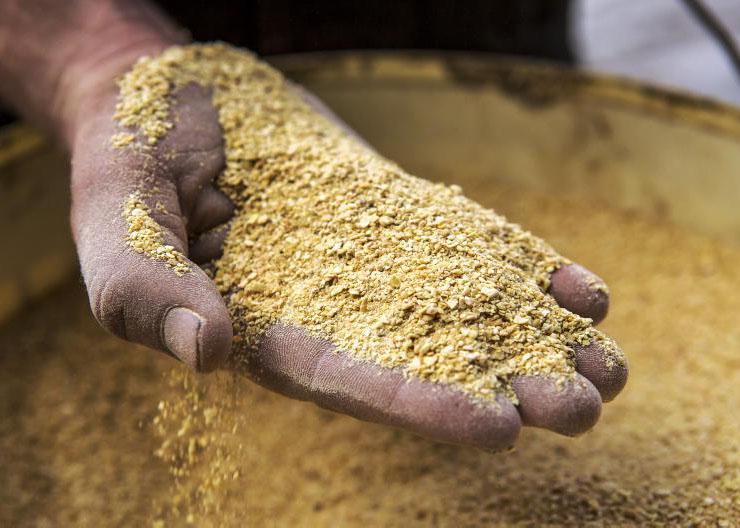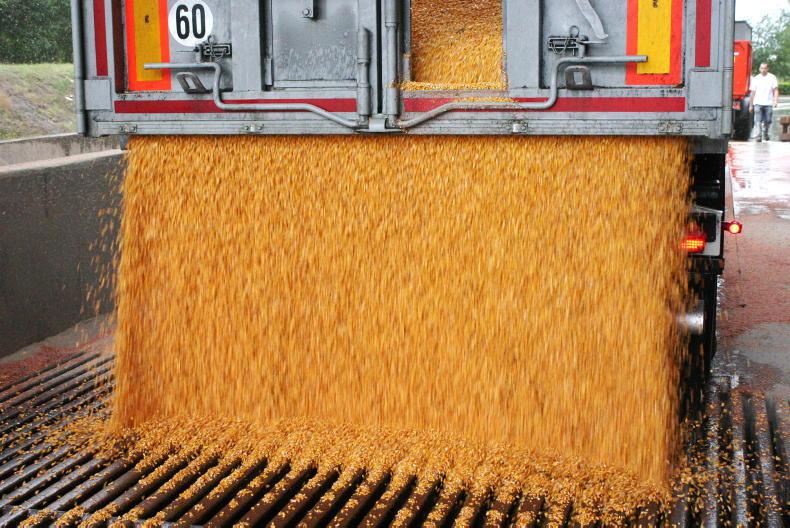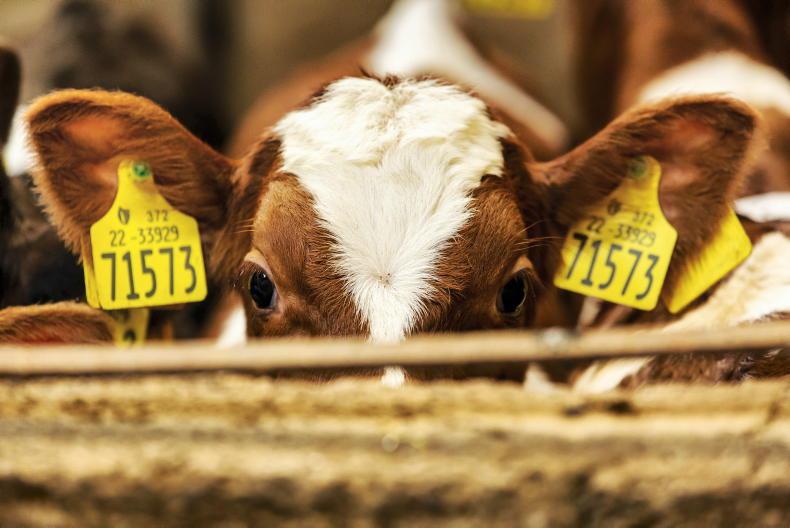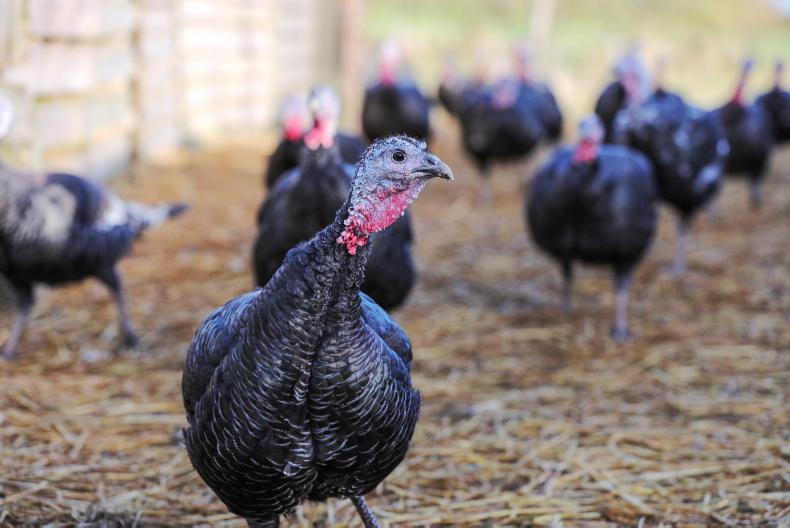The European Union deforestation regulation (EUDR) is scheduled to come into force on 30 December this year.
This new law bans the import of agricultural produce from lands deforested after 2020, even if the deforestation was illegal.
Unsurprisingly, this has been met by widespread opposition, particularly in Brazil.
It has written to the EU and the matter was raised by Brazilian president Luiz Inácio Lula da Silva in a meeting with European Commission president Ursula von der Leyen in the margins of the UN General Assembly in New York.
It is understood that if Brazil doesn’t receive a response from the EU by 1 October, it is considering raising the issue with the World Trade Organisation (WTO), which adjudicates on trade disputes between member countries and blocs.
In the past, it has ruled that the EU ban on hormone-treated beef was illegal because it interfered with trade without sufficient scientific justification.
Brazil isn’t alone in raising opposition to the EU legislation. Several other South American countries that export beef to the EU are also in opposition, as is the US, China, Malaysia and Indonesia.
Internal opposition
More recently, opposition to the EUDR has been voiced from within the EU.
Competere, an Italian-based policy instate whose mission is to “perform analysis and advocacy to foster global trade”, has also written to the EU calling for a variation on the legislation. It is suggesting:
A two-year transition phase allowing all stakeholders ample time to adapt to the regulation gradually.Creation of a permanent committee, including specialised work groups for each commodity, to facilitate continuous information exchange and effective monitoring of implementation.Temporary suspension of sanctions during the transition phase, while maintaining the EUDR’s required controls.Additionally, German chancellor Olaf Scholz has become the first EU head of state to call for deferral of the legislation. This follows an intensive lobby by the German paper industry, which fears that the EUDR will lead to a scarcity of paper supply.
Comment
In trade negotiations involving the EU, access to EU agricultural markets is almost always one of the sticking points.
It has caused the delay in a trade agreement with Australia and was a stumbling block in the negotiation with the Mercosur countries (Brazil, Uruguay, Paraguay and Argentina).
The EU imposes particularly strict conditions for farmers in relation to welfare, the environment and food safety, rarely matched elsewhere in the world.
EU farmers rightly insist that imported product competing with EU production should meet the same standards and the EU, in general, aspires to this with different levels of success.
Because Mercosur involves such a large beef quota and the EU is encouraging farmers to rewild land out of production, it would be incongruous to be importing beef from deforested land.
Of course, this isn’t welcomed by the EU’s trading partners, who consider such as standard to be a non-tariff barrier to trade.
With a desire to get the Mercosur deal wrapped up, don’t rule out movement by the EU on deforestation, particularly as there is now a lobby within also opposing the EUDR.
Read more
Forest fires rage in South America
Mercosur trade deal looks inevitable
Farmers ‘shouldn’t panic’ about the EU-Mercosur deal
The European Union deforestation regulation (EUDR) is scheduled to come into force on 30 December this year.
This new law bans the import of agricultural produce from lands deforested after 2020, even if the deforestation was illegal.
Unsurprisingly, this has been met by widespread opposition, particularly in Brazil.
It has written to the EU and the matter was raised by Brazilian president Luiz Inácio Lula da Silva in a meeting with European Commission president Ursula von der Leyen in the margins of the UN General Assembly in New York.
It is understood that if Brazil doesn’t receive a response from the EU by 1 October, it is considering raising the issue with the World Trade Organisation (WTO), which adjudicates on trade disputes between member countries and blocs.
In the past, it has ruled that the EU ban on hormone-treated beef was illegal because it interfered with trade without sufficient scientific justification.
Brazil isn’t alone in raising opposition to the EU legislation. Several other South American countries that export beef to the EU are also in opposition, as is the US, China, Malaysia and Indonesia.
Internal opposition
More recently, opposition to the EUDR has been voiced from within the EU.
Competere, an Italian-based policy instate whose mission is to “perform analysis and advocacy to foster global trade”, has also written to the EU calling for a variation on the legislation. It is suggesting:
A two-year transition phase allowing all stakeholders ample time to adapt to the regulation gradually.Creation of a permanent committee, including specialised work groups for each commodity, to facilitate continuous information exchange and effective monitoring of implementation.Temporary suspension of sanctions during the transition phase, while maintaining the EUDR’s required controls.Additionally, German chancellor Olaf Scholz has become the first EU head of state to call for deferral of the legislation. This follows an intensive lobby by the German paper industry, which fears that the EUDR will lead to a scarcity of paper supply.
Comment
In trade negotiations involving the EU, access to EU agricultural markets is almost always one of the sticking points.
It has caused the delay in a trade agreement with Australia and was a stumbling block in the negotiation with the Mercosur countries (Brazil, Uruguay, Paraguay and Argentina).
The EU imposes particularly strict conditions for farmers in relation to welfare, the environment and food safety, rarely matched elsewhere in the world.
EU farmers rightly insist that imported product competing with EU production should meet the same standards and the EU, in general, aspires to this with different levels of success.
Because Mercosur involves such a large beef quota and the EU is encouraging farmers to rewild land out of production, it would be incongruous to be importing beef from deforested land.
Of course, this isn’t welcomed by the EU’s trading partners, who consider such as standard to be a non-tariff barrier to trade.
With a desire to get the Mercosur deal wrapped up, don’t rule out movement by the EU on deforestation, particularly as there is now a lobby within also opposing the EUDR.
Read more
Forest fires rage in South America
Mercosur trade deal looks inevitable
Farmers ‘shouldn’t panic’ about the EU-Mercosur deal










SHARING OPTIONS